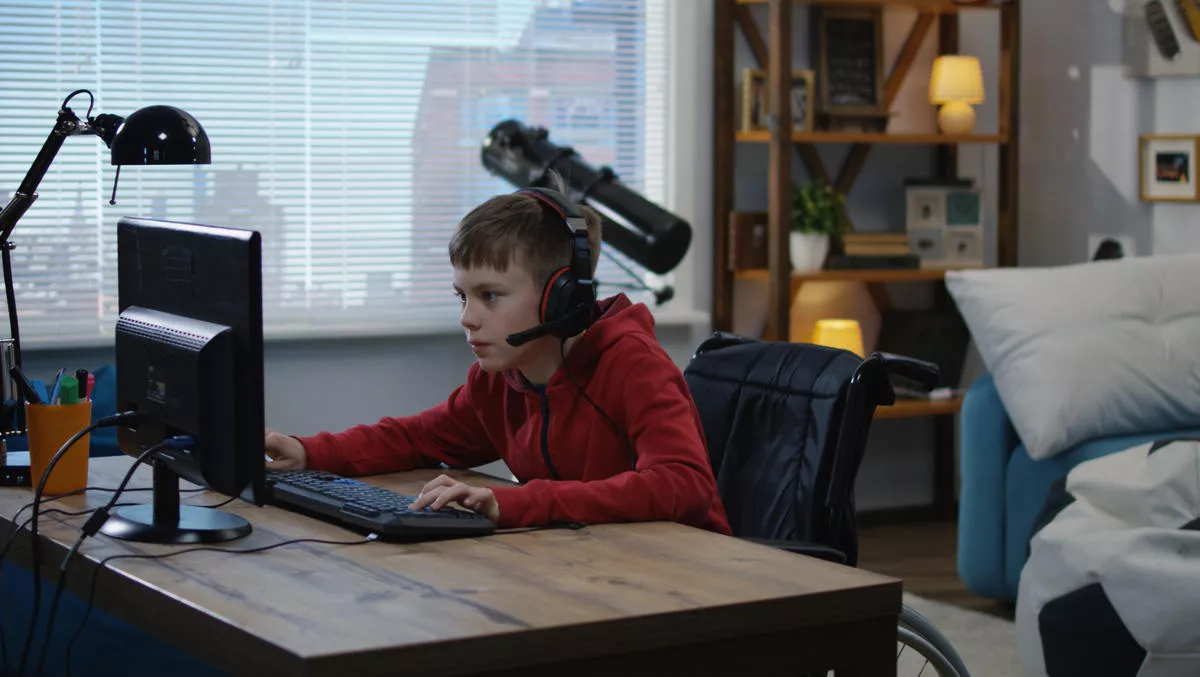
Kaspersky has released a new study that reveals behaviour around computer games, particularly when it comes to children.
According to the researchers, following the introduction of restrictions around the world due to COVID-19, usual online behavior has changed, not only among adults but also among children.
The study shows children have paid less attention to computer games in recent months, especially when compared to the period before the pandemic began.
From March to May 2020, interest in the gaming category consistently decreased in comparison with the first two months of 2020.
However, the decrease in children's interest in games is only relevant for Windows, as children are still more likely to play computer games on Windows PCs than on Macs, the researchers state.
Kaspersky says this is probably because most computer games are released specifically for Windows. For example, on popular online games stores, such as Steam, there are significantly fewer games available for macOS.
The worldwide COVID-19 pandemic has required children to continue their education from home, which is mainly done by attending lessons online.
Many parents are also working from home, and currently spend more time with their families during the lockdown. These details factor into computing gaming time, according to the study.
Kaspersky web content analysis expert Anna Larkina says, “Declining interest in games on personal computers can be explained by the increased need of having to use them for other activities.
“For instance, the educational process is easier to participate in on PCs than on mobile devices. We can see that even though children spend a significant part of their time at home, they use computers wisely and don't feel the need to dive into video games.
Kaspersky states from a security standpoint it is vital that parents understand what young ones are up to, and implement healthy approaches to device use and gaming.
To ensure your child has positive gaming experiences during the pandemic, Kaspersky provided the following recommendations. Encourage children to tell you if they are experiencing anything that makes them uncomfortable or bothers them while they are playing games.
Note that not all negative emotions have negative connotations and there can be good outcomes. For instance, if a child doesn't succeed in something and they persist in trying to get it right, their patience will improve.
Furthermore, if you notice your child is spending significantly less time on computer games during the self-isolation period, try to find out why.
Talk to them and try to understand how they are perceiving the current circumstances, as well as what difficulties they may be encountering. It may be time to check that they are not overloaded with schoolwork.
Finally, find time to play computer games with your child to help strengthen your relationship and increase your understanding of what your child does in their free time.
Kaspersky also states it can be useful to install a solution such as Kaspersky Safe Kids, which allows parents to monitor, see and search children's online activity across a range of devices. The solution also offers advice on how to help children stay safe online.
The Kaspersky report was based on anonymised data collected by the Kaspersky Security Network (KSN) from users of Kaspersky Safe Kids on both Windows and macOS platforms.
